|
|
|
|
|
|
|
|
Why a Focus on Activity Outside? Why Now? Besides the beautiful fall colours, and the fun that can be had with outside sports and activities, there are a host of other reasons why it can be helpful to cultivate these habits. Our bodies and minds have not been designed for the types of sedentary indoor lifestyles and learning that many of us engage in daily. We are starting to realize that this can impact our mental health and well-being. In short, physical activity and getting outside can be wonderful preventative and protective factors for a healthy life.
|
|
|
|
What the Research Says There is
a growing body of research pointing to the positive impacts that getting outside can have for our mental health and cognitive functioning. These benefits include stress reduction, improvements in memory and attention, and increases in feelings of happiness and well-being. Similarly, the correlation between exercise and positive mental health has also been studied extensively. This link is perhaps even more important to pay attention to now, as the ways in which we can get active have changed during the
pandemic. Research from across Canada has shown that for some Canadians, exercise was reduced during the pandemic, and a decline in mental health was associated with that
reduction. Recent international research focused on teenagers has also highlighted a positive direct relationship between exercise and improved well-being (and a similar negative direct relationship between recreational screen time and well-being).
|
| |
|
|
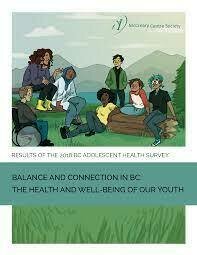 | What Youth in BC are Saying
BC's Adolescent Health Survey (2018) asked over 38,000 youth in BC to answer questions about their health. Their answers underscore the potential positives of exercise and time outside as healthy habits for youth: "The more days on which youth exercised in the past week, the more likely they were to report positive health and well-being. For example, 46% of students who did not exercise at all reported feeling good about themselves, compared to 61% who exercised on at least two days. Those who exercised on 6–7 days in the past week were the most likely to feel good about themselves (70%)." "Students who felt they had enough time to spend in nature were more likely to feel connected to nature or the land than those who did not have enough time in nature (48% vs. 39%)."
|
| |
|
|
Video - The Long Term Benefits of Getting Outside Getting out in nature is not only about the immediate benefits, but may have longer term mental health benefits as well. This video outlines some recent research in that area.

|
| |
|
|
|
|
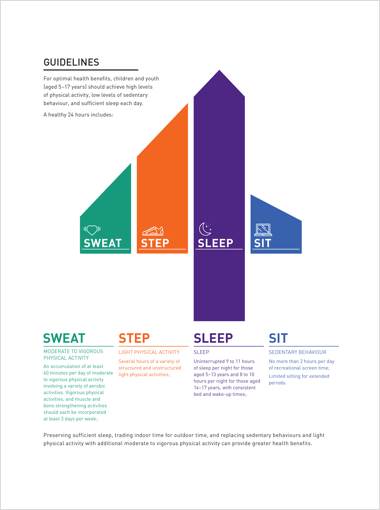 |
In addition to improved mental health, exercise can provide longer term health benefits, and is a key part of a healthy lifestyle. The Canadian Society for Exercise Physiology has put out recommendations for the Canadian population outlining exercise and sedentary time.
Did you know that children and youth aged 5-17 are recommended to get at least one hour of vigorous exercise each day, and several hours of light activity?
Did you know that the recommendation for adults similarly recommends several hours of light activity or time standing each day?
Both sets of recommendations also emphasize the importance of limiting time sitting or spent sedentary during the day.

|
| |
|
|
Unstructured Play Outside: The Benefits and Recommendations Playing outside, especially unstructured play, has many developmental benefits for children including strengthening creativity, resilience, and calculated risk-taking. Researchers have weighed many of these benefits against the perceived risks of outdoor play, and found that more often than not, the risks are negligible.
OutsidePlay is an initiative supported by partners such as UBC, aimed at turning around declining trends in outdoor play by highlighting the benefits, fact-checking the perceived risks, and offering strategies for parents and early years educators.
|
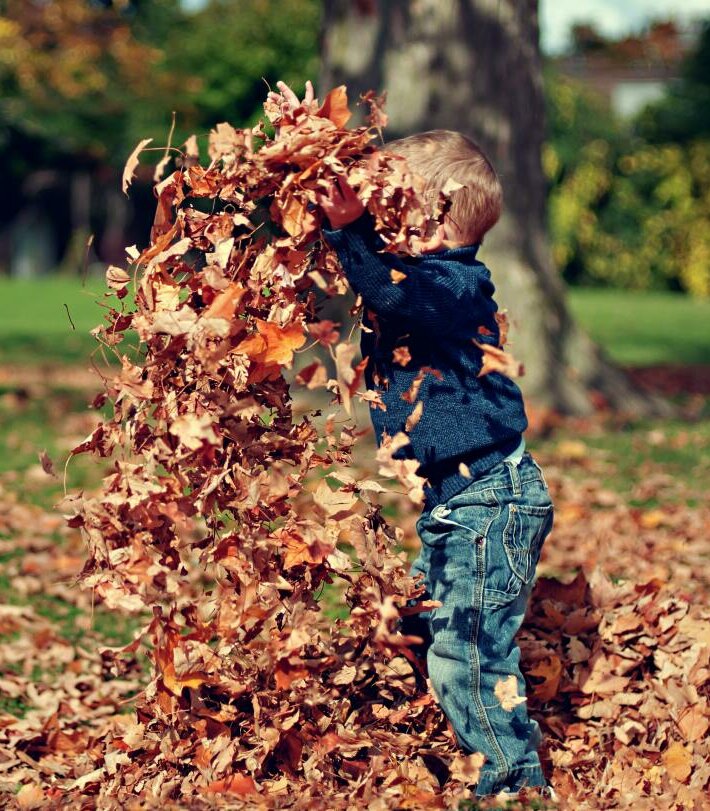 |
| |
|
|
Video - The Power of Small Steps This video underscores the positive impacts that getting outside can have on anyone's mental or physical health - from anxiety or stress reduction to reductions in blood pressure and heart rate.

|
| |
|
|
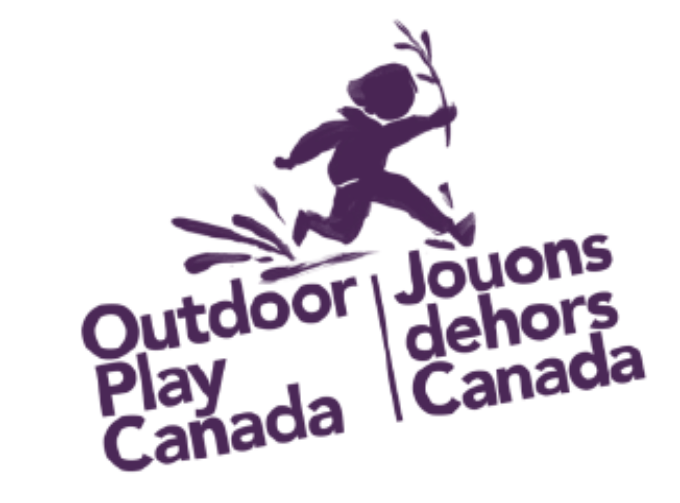 |
Want to learn more? Outdoor Play Canada is a network of advocates, practitioners, researchers and organizations working together to promote, and preserve access to play in nature and the outdoors for all people living in Canada. Their website has a wealth of resources for parents or educators looking to get inspired, fit in more outdoor play, find learning opportunities, or advocate for more play opportunities in their communities.

|
| |
|
|
|
|
|
|
|
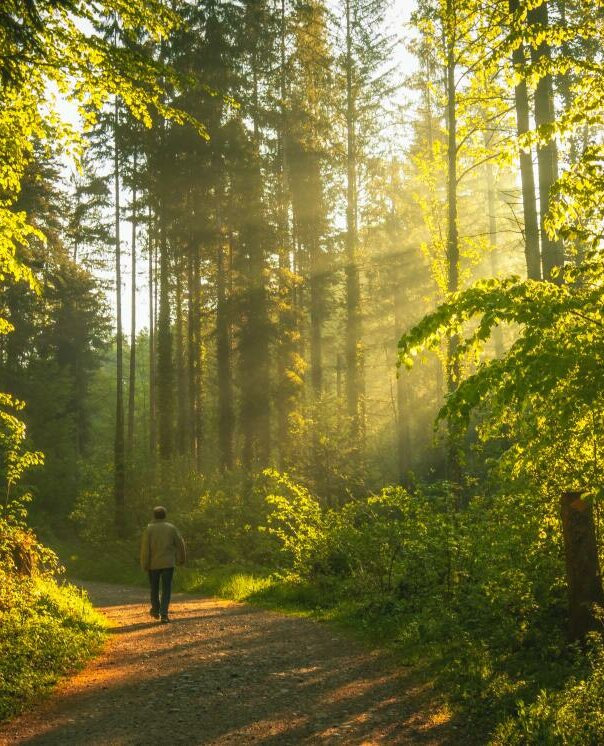
|
Local Movement in Nature Opportunities While there are ample spaces and opportunities for self-directed exercise or exploration outdoors on Vancouver Island, sometimes a guided introduction to a place or activity can open up new worlds of recreation and learning. One source of such opportunities locally are the Capital Regional District's monthly workshops and guided walks. In October, there will be an Exploring
Indigenous Perspectives walk at Witty's Lagoon,
and Bats of Beaver Lake walk at Beaver
Lake .

|
|
|
|
Everyone Belongs in Nature! Power to Be is a non-profit organization that creates access to nature for youth, families, and adults living with cognitive, physical, financial, and social barriers. Their adaptive recreation programs support people living with a disability or barrier in experiencing inclusive recreational activities while exploring nature and their natural abilities. With opportunities on land and sea, they adapt their programs to participants and their family members, and provide the equipment and support they may need to experience year-round adventures.

|
 |
| |
|
|
 |
Explore Your Local Recreation Centre As the PHO's office and local recreation centres have developed guidelines and processes to safely serve the public, more and more opportunities for exercise at local recreation centres are now opening
up. Panorama Recreation Activity
GuideSaanich Parks and Recreation Activity GuideIf there is a financial barrier, most recreation centres on the South Island will honour the LifePass as well, making their programming even more accessible.

|
| |
|
|
|
|
|
|
|
|


|
Participaction App The Participaction app uses current research and Canadian health guidelines to inform it's approach to tracking physical activity, educating about exercise and its benefits, and helping users develop new healthy routines. Plus, you can challenge your friends and family, and win prizes!
This month, their "Great Big Move" initiative challenges users to move their way across Canada during the month of October.
|
| |
|
|
iNaturalist App Sometimes it is the adventure of exploration and discovering something new that can motivate us to get outside. This app can help make those encounters with something new in the natural world even more fulfilling, as it provides a way to quickly identify plants, animals or insects while you're outside with a simple photo.
This app also has the added benefit of helping biologists track things like migration patterns of birds or encroachment of invasive species. A win-win for your well-being and the natural world!
|


|
| |
|
|
 |
Anxiety Canada - Active Facts Anxiety Canada has a ton of resources for anyone wanting to get a handle on their own mood or anxiety, as well as those wanting to help others. The Active Facts section of their website is devoted to how exercise can be helpful and tips to get started. Click on the link below to read more.

|
| |
|
|
|
|
...And don't forget about SD63's Mental Wellness Hub This site compiles both local and online mental health and wellness resources for families and educators, and is updated monthly with new resources.
|
| |
|
|
|